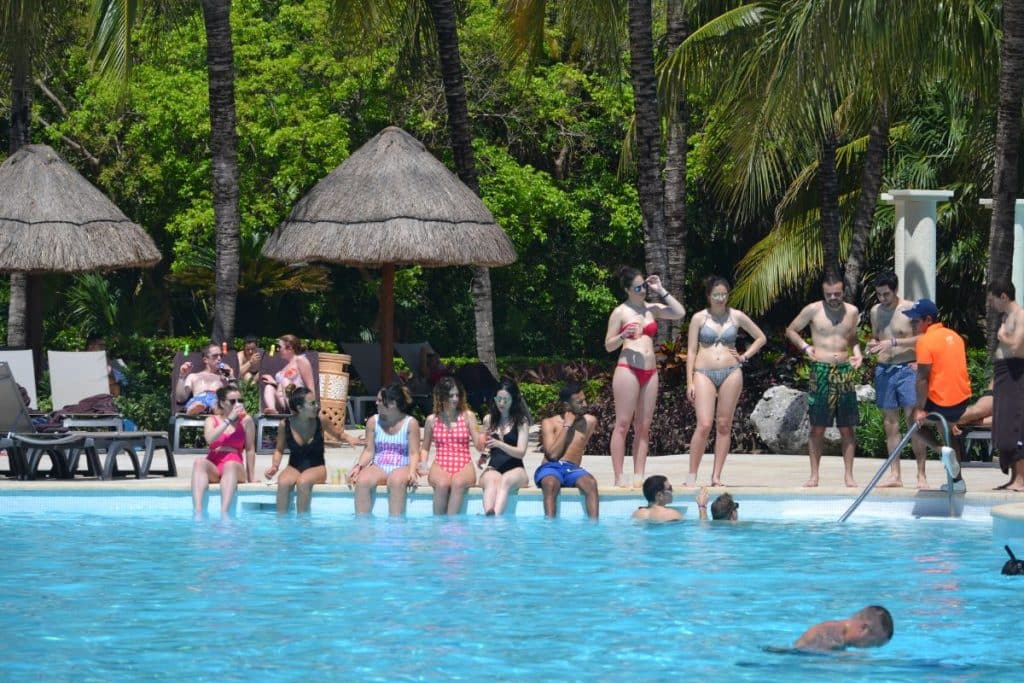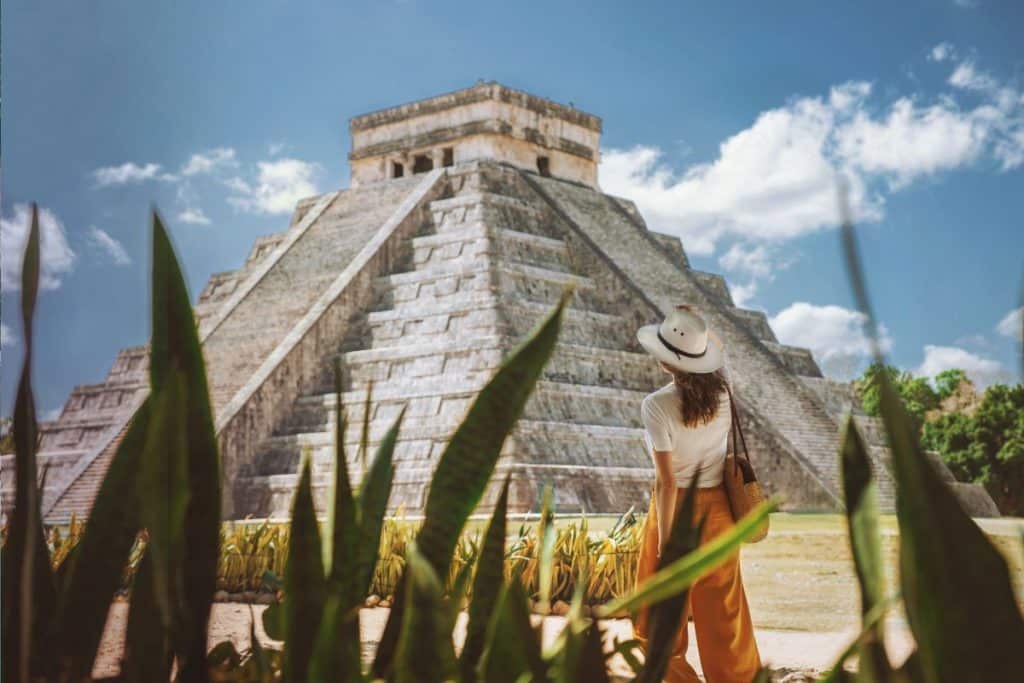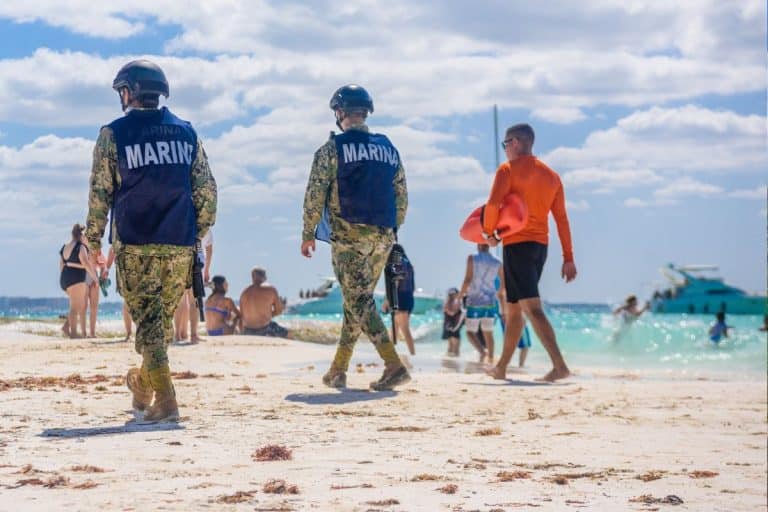Several alerts are being sent by American authorities to spring breakers heading to Mexico: Be on the lookout for illegal activity, beware of fake medications, stay away from alcohol that isn’t regulated, and don’t own or use drugs.
Authorities, however, do not generally advise visitors to avoid the country, pointing out that “thousands” of Americans spend spring break there each year and “the vast majority travel safely”
The advice comes from a spring break travel advisory sent out this week by the U.S. Embassy and consulates in Mexico, and it comes in the wake of several high-profile outbreaks of unrest or violence this year in Mexico. Most recently, two people were murdered and a third injured when four Americans were kidnapped earlier this month while traveling from Brownsville, Texas, to Matamoros.
The U.S. State Department’s travel advisory for Mexico, which is broken down by state and was last updated in October, shows where travelers should go, according to the embassy’s warning. Tamaulipas, where the Americans were abducted, is one of six states with a “Do Not Travel” warning.
Most Mexican states, including popular destinations such as Cancun, Cozumel, Cabo San Lucas and Oaxaca, are classified as Level 2, where visitors are advised to “exercise increased caution.” Travelers are warned not to let their guard down, especially in the less dangerous locations.
“U.S. citizens should exercise increased caution in the downtown areas of popular spring break locations including Cancun, Playa Del Carmen, and Tulum, especially after dark,” it says.

The embassy advises travelers to keep their cash to a minimum, use caution when withdrawing cash, stick to licensed cab services or ride-sharing apps, and stay in a group when entering nightclubs and bars or moving around at night. The warning recommends signing up for the Smart Traveler Enrollment Program, which provides information on the current security situation and contacts with the U.S. government.
The department also said that “many people do travel to Mexico without incident” but said “the serious risks cannot be ignored.”

According to Dale Buckner, CEO of security services provider Global Guardian, resort areas normally exist in “somewhat of a bubble” where the government has increased security and where violence is not typically directed at tourists.
“If you’re at one of these hubs and you’re at a high-end resort, you’re going to see security and guys with guns on the beach,” he said. “They’re intentionally creating a safer environment; for the most part, it works.”
“We highly encourage people to go to Mexico and enjoy it,” he said last month. “You just need to do a little bit of homework.”

